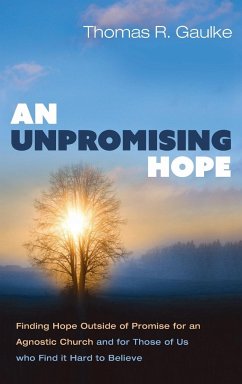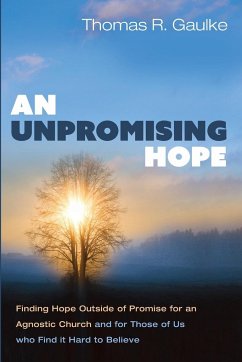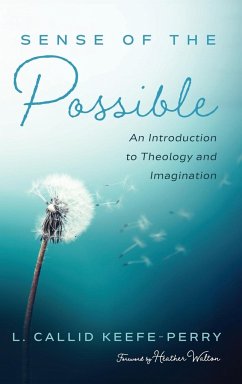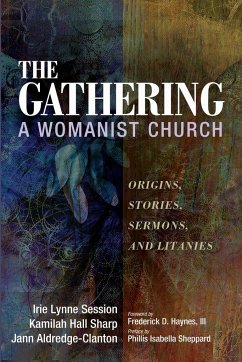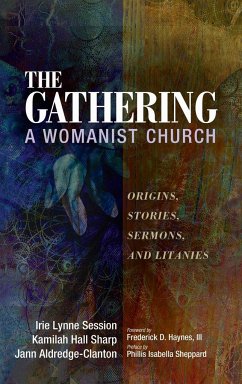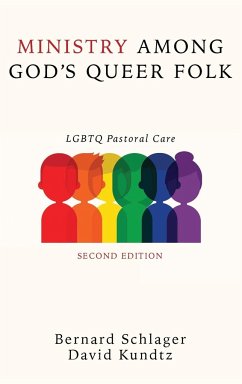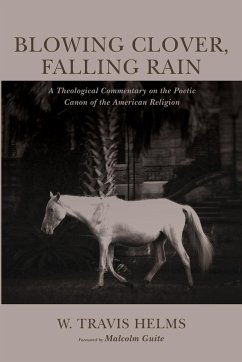Written in a theopoetic key, this book challenges Christian reliance on the motif of promise, especially where promise is regarded as a prerequisite for the experience of hope. It pursues instead an unpromising hope available to the agnostic or belief-fluid members and leaders of faith communities. The book rejects any theological judgement about doubt and hopelessness being sinful. It also rejects any hope which is grounded in a sense of Christian supremacy. Chapter 1 focuses on Ernst Bloch's antifascist concept of utopian surplus, putting Bloch in conversation with queer theorist Jose Esteban Munoz and womanist theologian M. Shawn Copeland. Chapter 2 explores the saudadic and theopoetic hope of Rubem Alves. Chapter 3 turns to the womanist theologies of Delores Williams, Emilie Townes, and A. Elaine Brown Crawford. Finally, chapter 4 engages the post-colonial eschatology of Vitor Westhelle, framing hope as nearby in space, rather than nearby in time. Each chapter offers an unpromising hope that may be tapped into by those who wish to affirm belief-fluidity in their own communities, and by those who wish to speak of hope honestly, whether or not, at any given moment, they believe in God or in the promises of a god.
Hinweis: Dieser Artikel kann nur an eine deutsche Lieferadresse ausgeliefert werden.
Hinweis: Dieser Artikel kann nur an eine deutsche Lieferadresse ausgeliefert werden.

